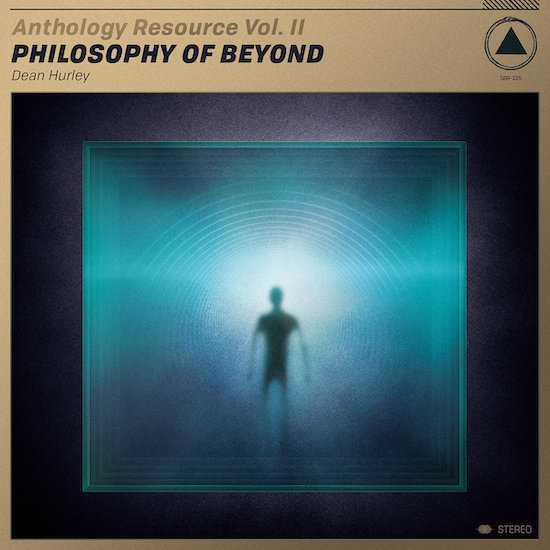Not every artist desires validation. Not in the traditional sense at least. Some rejoice in the anonymity of their contributions to society, watching with humble satisfaction as their creations quietly weave their way their way into the fabric of popular culture. The position of still being able to enjoy a flat white at your local coffee house without attention, but still feeling famous and profoundly cool deep-down inside is a payment in itself. Dean Hurley is one of those incognito artists that work in the fringes of music, connecting the dots and setting the nuances behind the scenes. The sound masters that consider the studio an extension of their own body and assist those less versed in its practicalities and technicalities.
Hurley has been assisting David Lynch in bringing his visions to life for 14 years as the former head of Asymmetrical Studio, the nerve centre of Lynch’s audio work. He worked on the sound design of the recent third season of Twin Peaks which he featured in his first Anthology, as well as supervising Inland Empire and co-writing and mastering Lynch’s three solo albums. Informally, he acted as a bridge from Lynch to the outside world, making sure only the right kind of minds entered Lynch’s idiosyncratic creative environment. His solo projects are usually overshadowed by his close relationship with Lynch, but in his Resource Anthologies series he has found a place to archive his original works. A place to toot his own horn for a change.
In the second resource volume he gathers his more recent contributions to music, art, and film in one place, namely his work on sci fi film Perfect, a selection of tape loops, field recordings, exhibition work and comb-filtering experiments. He then does what he does best and arranges and edits the various pieces in such a way as to form a coherent narrative and theme. According to Hurley, Philosophy of Beyond is a sonic accompaniment for the hypothetical journey our souls make after the end of our physical lives. A soundtrack to a newly disembodied consciousnesses voyage through a mysterious plane of reality.
There are moments ominous and sinister, as well as epiphanies and moments of clarity and wonder, like the feeling of epic celestial voyage and discovery halfway into ‘Far Boundaries’. The momentary terrestrial grounding with the field recordings of crickets and critters in ‘Somewhere in Time’ and stormy weather in ‘Splendour’ literally brings you back down to earth after being submerged in the swirling, amorphous depths of Hurley’s intense astral soundscape for so long.
Philosophy of Beyond is a masterclass in the subtle art of creating suspense, intrigue, and thought-provoking depth in sound design. With a limited set of sounds, Hurley uses his vast technical experience to get the most out of them, to layer and arrange its movements into something far greater than the sum of their parts.
The soundscape reflects a sense of spiritual discombobulation and deep existential anxiety relating to the sudden existence outside the corporeal form that has been at the centre of your physical and spiritual identity your whole life. It raises interesting questions on the nature of consciousness and its ability to exist outside the bio-systems of organic matter. Are we still us without our faces and fingerprints? Are our bodies simply disposable avatars of our immortal higher selves, or the sole reason for our brief sentience on Earth?
Philosophy of Beyond is an odyssey through the twilight zone. A navigation through the anomalies and entities that make up the flora and fauna of deep space. Listening to it is like placing your ear on a shell and hearing the sound of space instead of the sea. A gateway into an idea and a space much larger than the physical reality it exhibits. From flights above the lapping tides of midnight shores on alien beaches, to the death throes of ancient stars in their final thousand years of life, your imagination is the only limit here.


